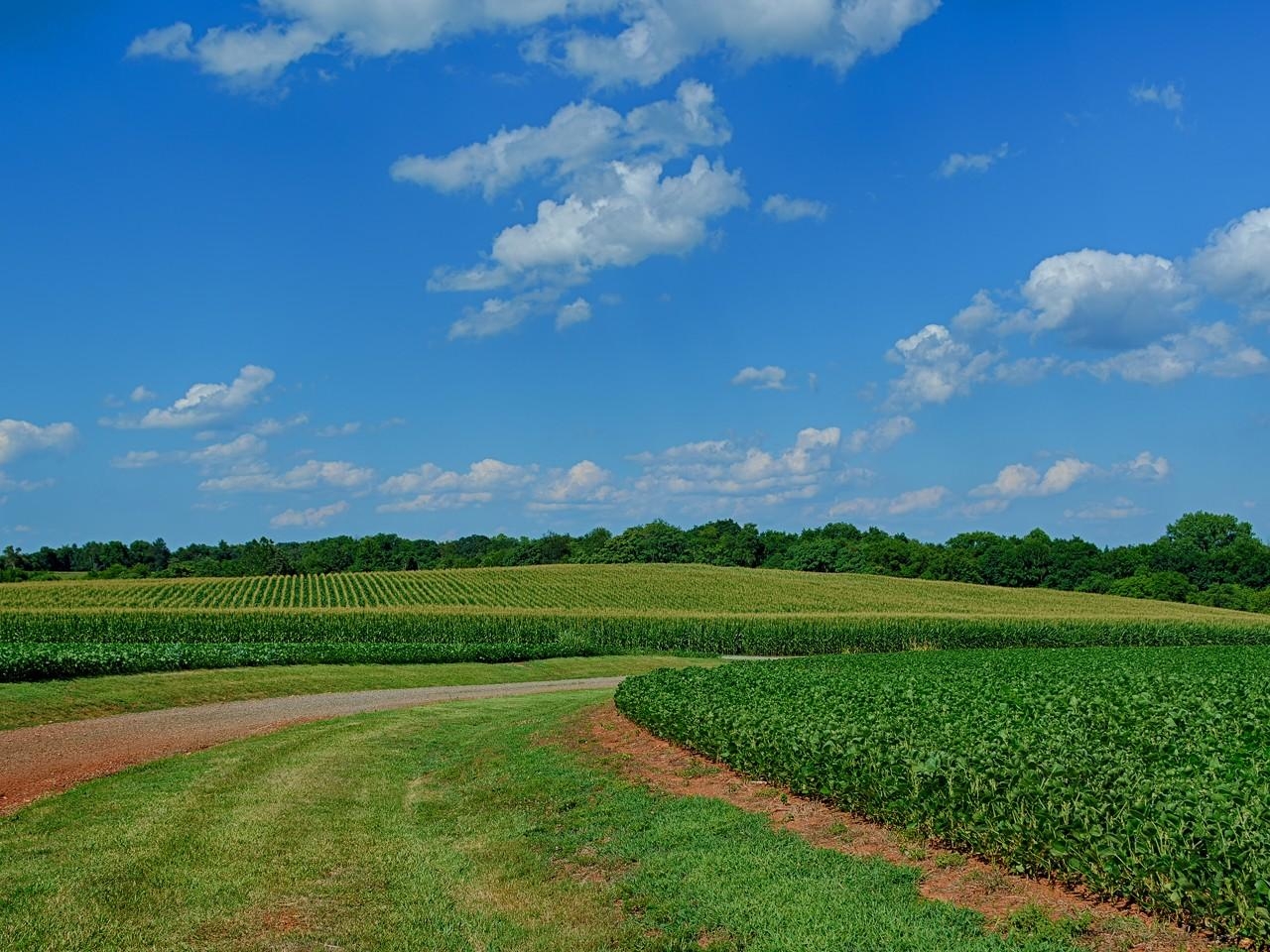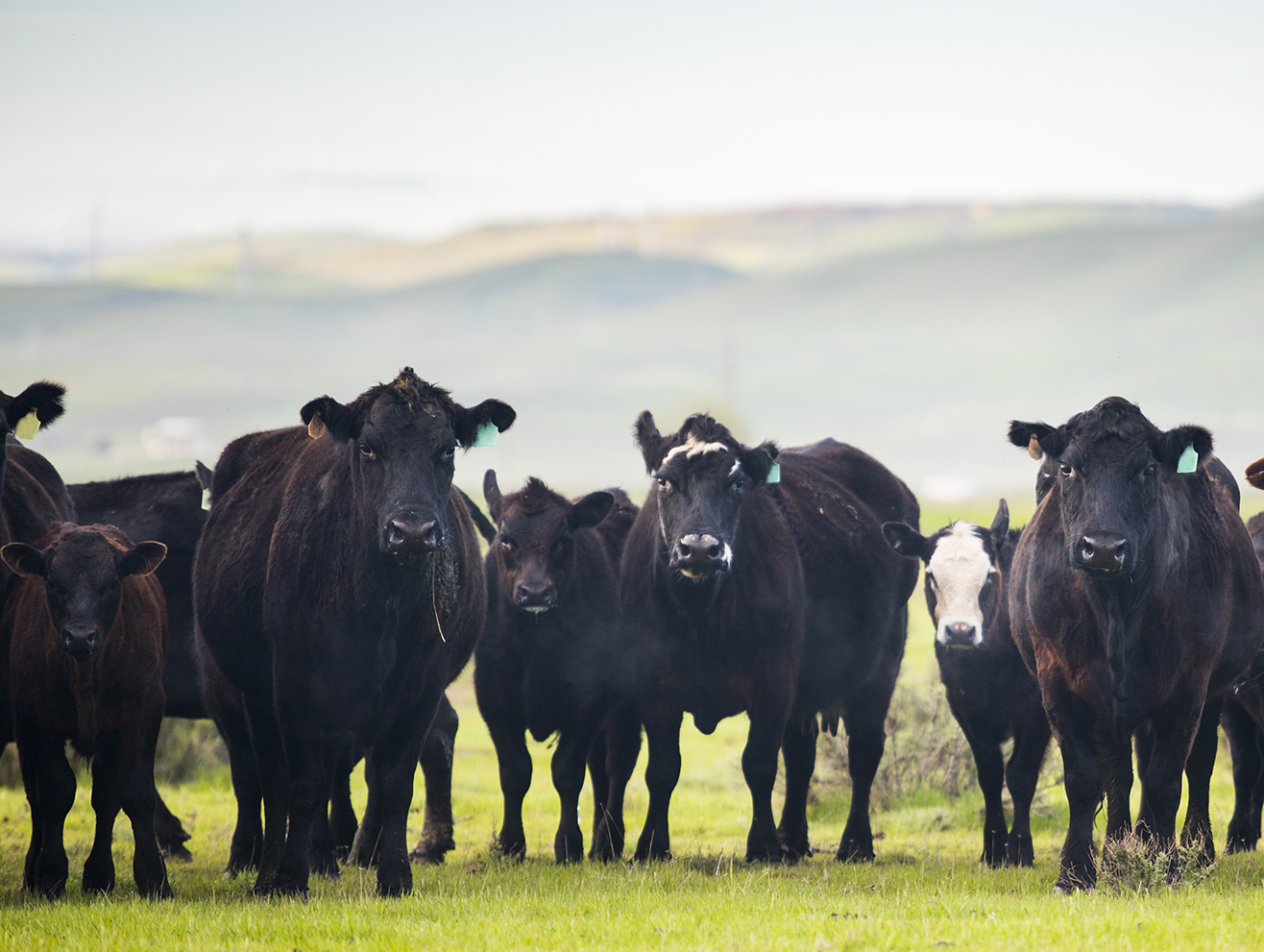Local Programs
Northern District's Natural Resources Extension Program
Virginia’s natural resources are varied and valuable. The Northern District's Natural Resources Extension Program focuses on the renewable and perpetual resources related to trees and forests. Perpetual resources, such as clean air and water, are linked to large forest tracts as well as individual street trees. Timber and wildlife are renewable and contribute to economic and social well-being. Extension programming enhances and sustains these resources for all Virginians through a variety of efforts that have one or more of the following goals: Ecosystem Integrity, Capacity Building, and Industry Viability.
Extension's Northern District encompasses the following counties (including each municipality within a given county):
Albemarle, Augusta, Bath, Clarke, Culpeper, Fauquier, Fluvanna, Frederick, Greene, Highland, Louisa, Madison, Nelson, Orange, Page, Rappahannock, Rockbridge, Rockingham, Shenandoah, & Warren
The great majority of Madison County's land has historically been used for agriculture. The 2012 U.S. Census of Agriculture indicated that 106,991 acres in the County, not including forests or Conservation lands, consisted of farmland. While the number of farms has declined somewhat since 2007, the total acreage in farms has steadily increased during each Agriculture Census between 1992 and 2012, growing from 48.1 percent of County land in 1992 to 51.1 percent in 2012. Approximately 28 percent of Madison County's farmland is used to harvest crops. The remaining agricultural lands are non-harvested crop areas which include land in pasture, conservation/wildlife, apples, peaches, grapes and specialty crops. Full-time owners have dominated the operator characteristics of Madison County farms. However, the trend has shifted back and forth from full-time owners to part-time owners and tenants for the last two decades. Family farms declined slightly from 1987 to 1997, but jumped back up in 2002 and overwhelmingly dominated the type of ownership. The market value of products sold, as reported by the 2012 Agricultural Census, is $28,980,000, an increase of 43% since 2007. Crop sales were $11.5M (40%) and livestock sales were $17.4M (60%) of the total market value. The most notable economic indicator in the 2012 census was the 55% increase in average farm income at $55,518.
The total acreage of forestland in Madison County has remained consistent from 2000 to the present. Forested land made up approximately 94,015 acres in the County in 2014 according to the U.S. Forest Service, and it predominantly features Oak/Hickory, Oak/Pine, and Loblolly/Shortleaf Pine forest types. Forested land in the County represents just less than half of the County's total acreage. Forestland is important to Madison County from an economic perspective, but it also helps to protect watersheds from erosion and sedimentation and provides long-term carbon sequestration through forest management, which contributes to clean air and enhances our quality of life. Finally, forests provide important social benefits, including attractive sites for homes, scenic beauty, wildlife habitat, and a draw for visitors and potential new residents.
Madison County's economy maintains an agricultural base but has several strong non-farm business sectors including services, trade, manufacturing and construction. The County is centrally located between Charlottesville and Culpeper where many of its residents work and obtain services, Madison's per-capita income tends to be lower than in the rest of our Planning District, and significantly lower than statewide. Median household income is $59,734, which is 4% lower than the state.



TREE Cookies Etc. Newsletter
TREE Cookies Etc. is a free electronic newsletter for anyone interested in caring for our region's rural, urban and suburban forests and trees. It is published on an as-needed basis with a notice sent out to subscribers via a mailing list (listserv). See below for subscription information.
Past Issues
Archived newsletters can be accessed from: http://www.sites.ext.vt.edu/newsletter-archive/tree-cookies/index.html.
Subscription
To receive this newsletter, please go to https://groups.google.com/a/vt.edu/forum/?hl=en#!forum/tree_cookies_etc-g and click "Join Group".
The electronic distribution of this newsletter has been set up with the tightest possible controls. Only the mailing list owner (Adam Downing) can send to this listserv and replies cannot be sent to the whole list.
If you do not have ready or suitable access to e-mail, a printed copy of the newsletter will be mailed upon request. Call 540-948-6881 to be put on the printed copy mailing list for TREE Cookies Etc.
Northern District Natural Resources Annual Impact Briefs
The Natural Resources Extension Program for Virginia Cooperative Extension Northern District is impact driven and undergirded by the support of many public and private partners. Full annual reports are available upon request. Below are selected highlights from a range of program areas.
2014 Impact Brief (PDF | 282KB)
2012 Impact Brief (PDF | 400KB)
2011 Impact Brief (PDF | 439KB)
2009 Impact Brief (PDF | 192KB)
2008 Impact Brief (PDF | 159KB)
2004 Impact Brief (PDF | 173KB)
Locally over 500 youth participate in 4-H. Our program can be divided into three areas: Camping, Community Programming and School-based programming.
Camping: Madison youth have the opportunity to participate in several summer camping programs offered locally, through the Northern Virginia 4-H Center and other 4-H Centers across the state. Each June approximately 70 youth ages 9 - 13 load the buses and travel to Front Royal for five days of 4-H Junior camp fun! While at camp youth participate in fun classes, have time for swim and recreation and enjoy nightly campfire.! Besides Junior camp local youth have the opportunity to participate in other specialty camps offered by the NOVA 4-H center including: Outdoor adventure camps, Horse camp, Cloverbud camp and more. Madison also hosts a regional Stockman's camp for those youth interested in the livestock industry and livestock judging. Each summer approximately 20 teens participate in a 4 month in-depth leadership program which trains them to serve as teen counselors for the camping program.
Community Programming: Youth participate in 4-H through the Share-the-Fun Talent Show and Summer Workshops. Madison 4-H also partners with the local Boys and Girls club to provide educational programming.
School-based Programming: Madison 4-H partners with the local school system on several programs. The third grade classes participate in a year long Agriculture and Natural resources program. Monthly class room lessons and a field day reinforce SOL topics and help students learn the importance that Agriculture and Natural Resources plays in their lives. The fourth grade presentation contest help students learn and practice their oral presentation skills. The embryology program teaches students about science and respect for life. Students hatch chicks in the classroom and witness the exciting miracle of life. Students take the responsibilities of caring for the fertilized eggs and then the chicks after they have hatched. Following each session, the hatched birds are given to local farmers.
Madison 4-H Clubs: 4-H Clubs are open to youth ages 9-19. Cloverbud programs are for youth ages 5-8.
Dairy Club
Goat Club
Livestock Club
Livestock Cloverbuds
Shooting Sports
If you are interested in joining a club, starting a new club, assisting with a current club or becoming a volunteer please call the Extension office.
Engaging with Communities
Virginia Cooperative Extension specialists in community viability work with Extension agents, campus-based faculty, organizational partners, communities, and individuals to further opportunity and build capacity in five program areas:
- Leadership & Planning
- Community Enterprise and Resiliency
- Community Food System and Enterprises
- Community Planning
- Emerging Community Issues
Examples of our work include training county elected officials, educating entrepreneurs, facilitating collaborative projects, supporting the growth of community food systems and local economies, enhancing agent skills and community capacity in facilitation and leadership, conducting problem-driven research, and creating publications and tools that address critical community needs.
Do you have a question about Community Viability?
Perhaps one of the Community Viability specialists below can help you. Contact a Community Viability specialist or direct a question to them using our Ask an Expert system.


